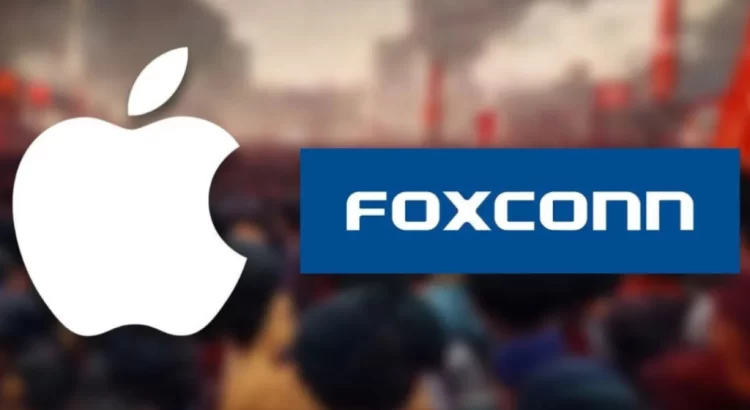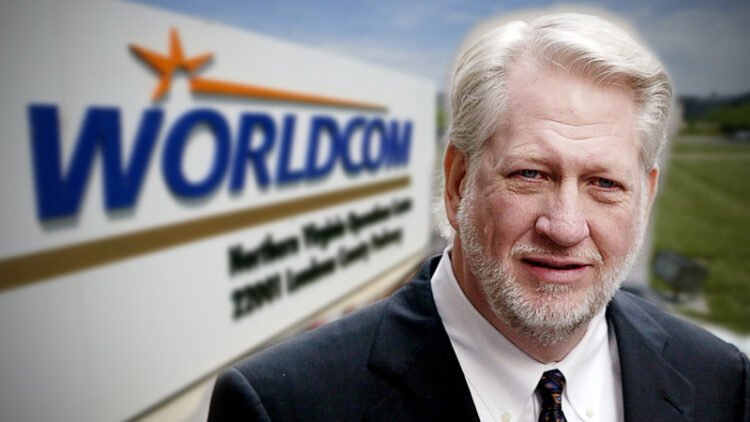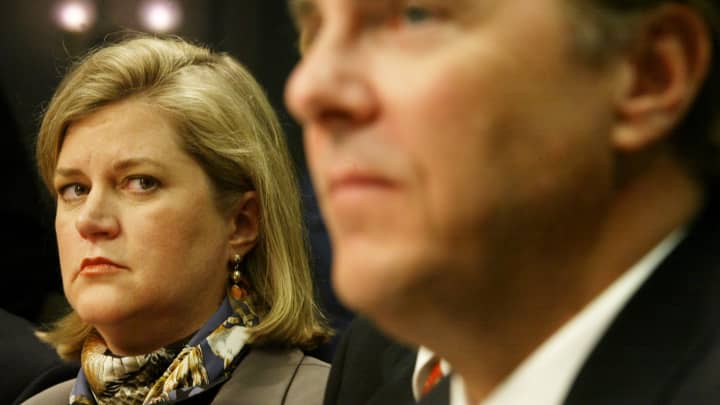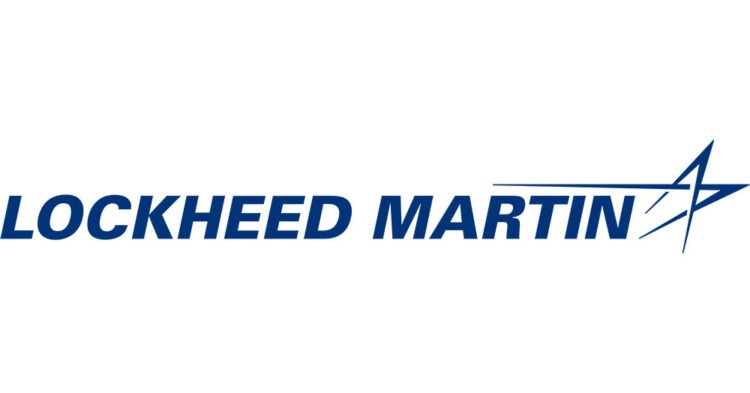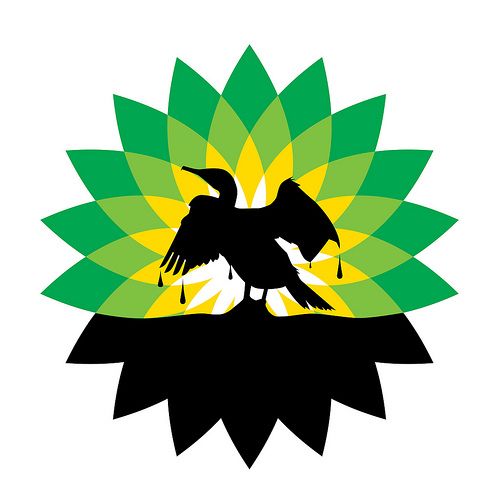Apple Inc. is devoted to creating the finest music and personal computing experience for every single one of its users, from students to educators, business professionals to government officials and other consumers by means of ground-breaking hardware, software, internet offerings, peripherals, and services. Apple’s business approach powers its distinctive ability, through the design and progression of its personal operating system, hardware, and countless technologies and software applications, to provide its customers the latest creations and simple solutions through outstanding innovative industrial design. Before being able to produce some of the finest computer products we have nowadays, Apple went through countless processes and hurdles. Apple was established in 1976 by two college dropouts, Steve Jobs and Steve Wozniak. Also part of the team was Ronald Wayne, who was older and had personal assets of his own. Wayne’s uncertainty of the company worried him about the risk of investing his assets, and resulted Continue reading
Business Ethics Case Studies
Case Study on Business Ethics: Bernard Ebbers and the WorldCom Scandal
The question as to whether Bernard Ebbers, the co-founder and former chief executive officer of the WorldCom trial that led to his conviction for twenty-five years in federal prison was fair still remains unanswered and can only be proven by appraising his conduct and actions when he was the chief executive officer at WorldCom. Ebbers was charged with conspiracy, security fraud, and making false filings to the Securities and Exchange Commission. Several civil lawsuits were brought before Ebbers and other senior executives of WorldCom including the former chief financial officer Scott Sullivan but however dismissed after Ebbers and the other senior agreed to distribute over six billion dollars plus interest to stakeholders who had invested their money in the company stocks. Ebbers was also charged with the indictment of the state securities laws by defrauding investors of WorldCom on numerous occasions between the periods of January 2001 and March 2002. Ebbers Continue reading
Case Study: The Whistleblowing Case of Sherron Watkins in Enron
Whistleblowing Case of Sherron Watkins in Enron Whistleblowing is more about an individual’s moral judgment than it is about clear requirements that obligate individuals to reveal tricky organizational transactions that pose great risks to the public. There are two types of whistleblowing, namely internal and external. In many cases, only external whistleblowing is recognized because reporting that exists within an organization comprises the normal feedback channels that solve internal problems. Moreover, many feedback channels work within the organization and internal issues are not taken outside. In the Enron scandal of 2001, the main whistleblower Sherron Watkins informed the company’s top management that Enron was at risk of collapse because of the innumerable financial inconsistencies she had discovered in the firm’s financial statements. Watkins wrote an anonymous letter to the company’s founder, Kenneth Lay after discovering that Enron was engaging in unethical accounting practices. Prior to the eruption of the scandal, Continue reading
Case Study: Lockheed Corporation’s Unethical Practices
Company Description and Background Before turning into a huge corporation with global reach, Lockheed Martin went through multiple stages of development, most of which faced periods of failure and fallback. Lockheed Martin has nearly a century long history and is one of the world’s leading manufacturers and sellers of weapon, aircraft, surveillance devices, and detection systems. Its story began during the World War I when the Loughead brothers first began to build airplanes and sell them to hobbyists. They operated within an emerging niche of the military weaponry market, but their airplanes were not created in time to become involved in the war. Over the decades, the company perfected its models to eventually build the Lockheed Vega, one of the first legendary airplanes of the time and the leading machine in the market. Before the start of the Second World War, the company has experienced several ups and downs; however Continue reading
Case Study on Ethics: British Petroleum Deepwater Horizon Oil Spill
Business ethics is an important aspect in the attainment of organizational success. Businesses follow certain rules that govern their activities and processes in order to avoid involvement in unethical business practices. However, despite the existence of business regulations and legislation, businesses still engage in unethical practices due to factors such as negligence and financial greed. In 2010, BP Oil Company was involved in an ethical incident dilemma that led to huge fines that affected the company’s bottom line. The BP oil spill refers to an oil spill that occurred in the Gulf of Mexico. It was so severe that it was described as the worst oil spill in the history of the United States’ oil industry. It occurred after a Deepwater Horizon oil rig exploded, sank, and spilled oil for more than two and half months. The accident caused severe environmental damages and led to the demise of 11 people. According Continue reading
Case Study: Lehman Brothers Fraud and Bankruptcy
The functioning of any company that operates on the international level and has huge incomes is always related to various risks. There is a great possibility of financial collapse and bankruptcy as the conditions of the modern market could be considered complicated. It is obvious, that the failure of a great international corporation could not but impact wide sections of the population and numerous companies whose functioning depends on its success. However, a case is more complex when there is a possibility of a fraud that might pursue various aims. Under these conditions, depositors and other actors who depend on the revenues of a company that is going to cheat or use some inappropriate strategies that could help owners of a company to obtain huge and undocumented incomes might suffer. That is why it is crucial to analyze a case of this sort to understand the main model according to Continue reading
